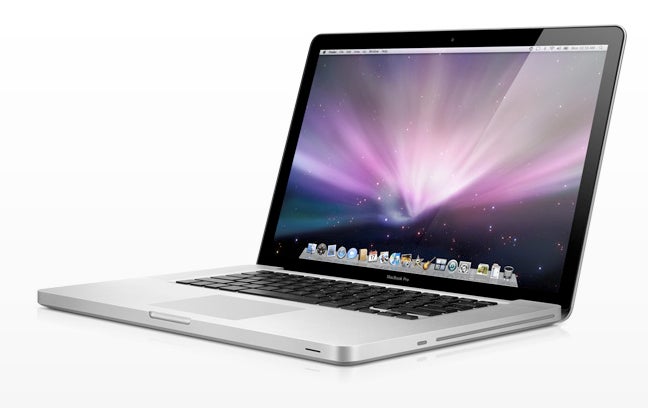The sites that decide the price based on your internet history
What if eBay increased the price of an item if it knew you could afford it?


Your support helps us to tell the story
From reproductive rights to climate change to Big Tech, The Independent is on the ground when the story is developing. Whether it's investigating the financials of Elon Musk's pro-Trump PAC or producing our latest documentary, 'The A Word', which shines a light on the American women fighting for reproductive rights, we know how important it is to parse out the facts from the messaging.
At such a critical moment in US history, we need reporters on the ground. Your donation allows us to keep sending journalists to speak to both sides of the story.
The Independent is trusted by Americans across the entire political spectrum. And unlike many other quality news outlets, we choose not to lock Americans out of our reporting and analysis with paywalls. We believe quality journalism should be available to everyone, paid for by those who can afford it.
Your support makes all the difference.The internet has been a gift to shoppers.
If you have the wherewithal, and the confidence, to use it you can access a huge array of retailers at the click of a mouse and find prices in minutes that you might not find on the High Street for months.
This has added a whole new dimension to competition. Even the giants like Amazon can ill afford to soak their consumers. If you don’t like its prices hop on over to Play, or to eBay. All you need is a credit card, and it’s child’s play to open an account.
Faced with that sort of pressure there was always going to be some sort of kickback. No business is going to compete when it can cheat and they’re only just getting going where that’s concerned.
For a start there’s that account you have to open, which gives the e-tailer far more knowledge about you than the traditional retailer where you just walk in, browse a bit, maybe buy something and then walk out.
The online shop knows and keeps records on what you’re buying, when and how much you pay. It can even track your browsing, as you’ll have seen if you’ve had one of those e-mails from Amazon saying you’ve been looking at books by Henning Mankel. Here’s some more Scandinavian Noir you might like.
It might seem useful but it’s actually slightly disturbing, if you think about it.
What’s even more disturbing is that the technology has moved even further in their favour. They can tell not just what you look at and how much you spend, but what computer you use to browse with. The theory behind this is that if you use a Mac you’re better off than if you’re better off than if you use a PC (Macs being more expensive).
All this has given online retailers the power to, theoretically, impose differential pricing, totting up all the information they have on you to work out what they think you can pay.
Some retailers have already tried it but canned the idea following protests. But what’s to stop them quietly re-imposing the plan at later date? How would you know? The answer is you wouldn’t. It’s sneaky and it’s underhand and it’s actually downright sinister.
The competition authorities on both sides of the Atlantic are at least taking it seriously. Although investigating won’t be easy, short of having teams of people setting up accounts under assumed details then using PCs, and Macs and iPads to compare prices on various items.
You can of course, kick back. Buy a rickety old PC, for example, and do the actual shopping with that having done the browsing on your iPad. Then use a cheap, no frills, credit card to pay. Perhaps use your work address to set it up and get your stuff sent there too. A pain in the neck? Yup.
But it looks like we’re steadily moving back to the days where if you wanted the best deal you had to fight tooth and nail to get it. Unless the watchdogs are willing to come on stronger than I think they are.
Join our commenting forum
Join thought-provoking conversations, follow other Independent readers and see their replies
Comments